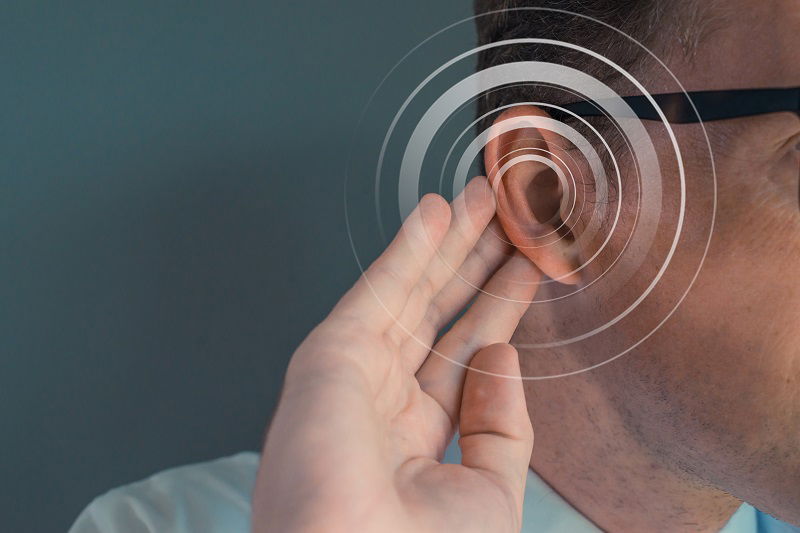If your hearing loss is worse in one ear than the other, you may have asymmetrical hearing loss. Here is what you need to know about asymmetrical hearing loss.
What is asymmetrical hearing loss?
Asymmetrical hearing loss refers to a condition in which there is a difference in hearing ability between the two ears. This can occur due to a variety of factors such as exposure to loud noise, ear infections, injury, or certain medical conditions. While a slight hearing difference between the two ears is normal, significant variation (more than 10 dB) is not typical. This is classified as asymmetrical hearing loss when the difference is 15 dB or greater.
What causes asymmetrical hearing loss?
Asymmetrical hearing loss can be caused by a variety of factors, including:
- Exposure to loud noise ? Prolonged exposure to loud noise can damage the hair cells in the inner ear, leading to hearing loss. This can be more severe in one ear than the other if the individual is exposed to more noise on one side (e.g., working with loud machinery or attending loud events).
- Ear infections ? Ear infections can cause temporary or permanent hearing loss and can be more severe in one ear than the other.
- Trauma ? Head injuries or injuries to the ear can cause hearing loss, and this can be more significant in one ear than the other.
- Medical conditions ? Certain medical conditions, such as Meniere’s disease, otosclerosis, and acoustic neuromas, can lead to asymmetrical hearing loss.
- Tumors ? Tumors of the ear or brain can also cause asymmetrical hearing loss.
- Genetic factors ? Some genetic disorders can cause asymmetrical hearing loss, such as Usher Syndrome.
It is important to note that in some cases, the cause of asymmetrical hearing loss may not be able to be determined. A hearing specialist can help to determine the cause and recommend appropriate treatment options.
How is asymmetrical hearing loss treated?
Treatment for asymmetrical hearing loss will depend on the underlying cause of the condition. Some common treatment options include:
- Hearing aids ? Hearing aids can help to amplify sounds for individuals with hearing loss, even if the hearing loss is asymmetrical. The hearing aids can be programmed to amplify sounds differently in each ear to compensate for the asymmetry.
- Cochlear implants ? Cochlear implants can help individuals with severe hearing loss to hear by converting sound into electrical signals that are sent directly to the auditory nerve.
- Bone-anchored hearing devices ? A bone-anchored hearing device is surgically implanted. This may be suggested if the hearing loss is too great in one ear to be effectively treated with programmable hearing aids.
- Surgery ? In some cases, surgery may be necessary to treat the underlying cause of the asymmetrical hearing loss. For example, if a tumor is causing the hearing loss, surgery may be necessary to remove the tumor.
Early diagnosis and treatment are important to prevent further hearing loss and to improve the quality of life.
If you believe that you may have asymmetrical hearing loss, please contact our hearing practice today. We are eager to assist you.




